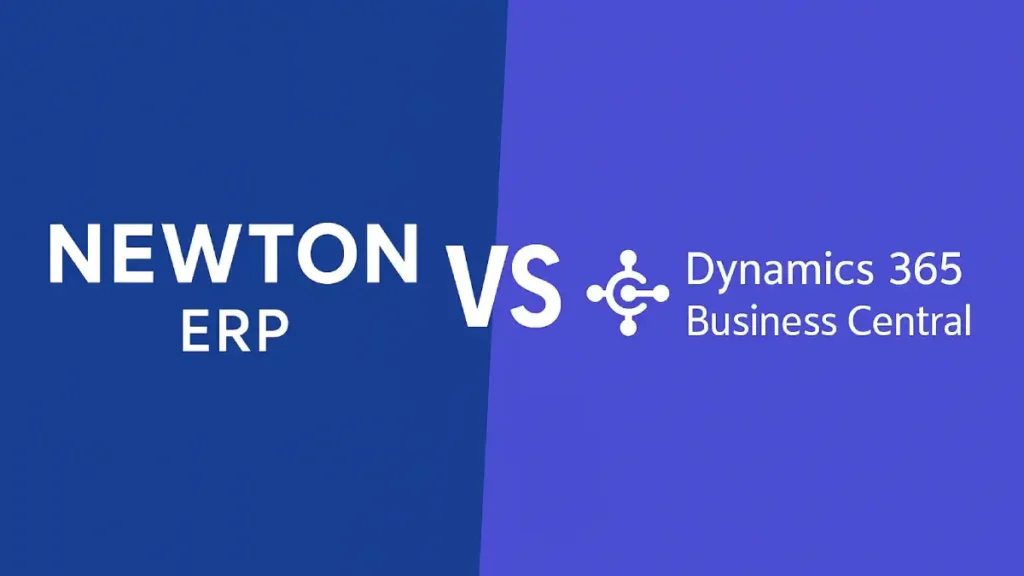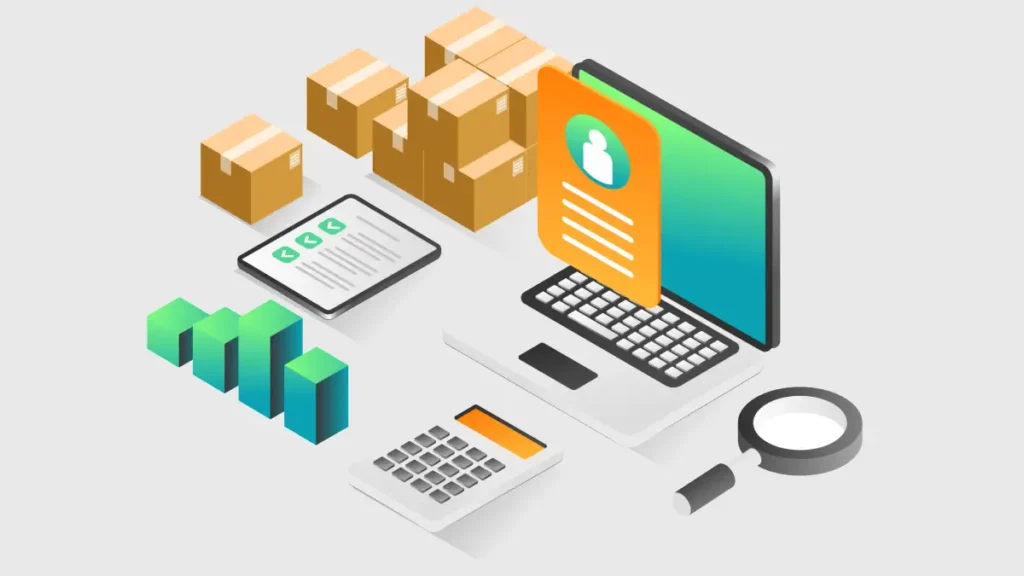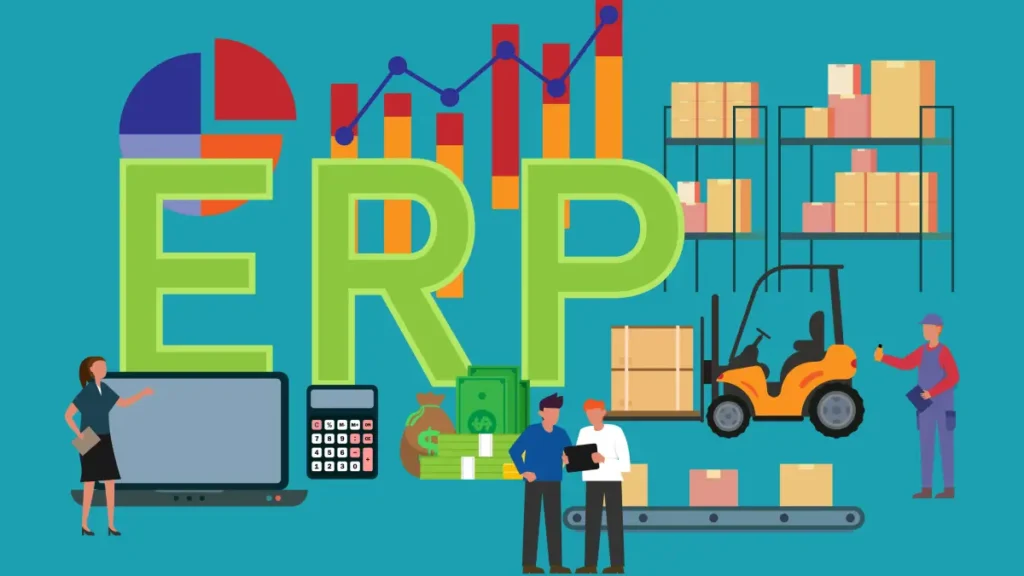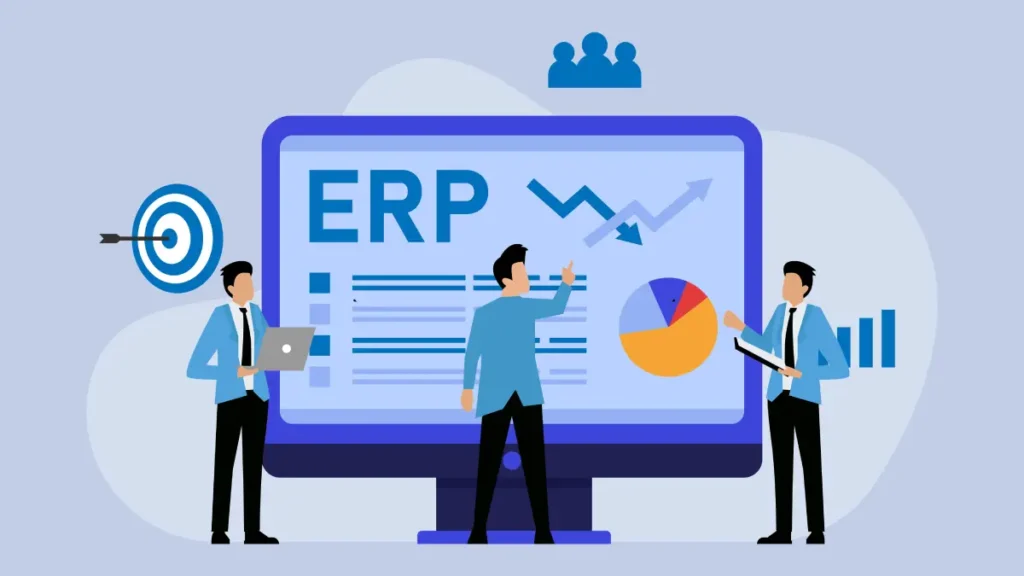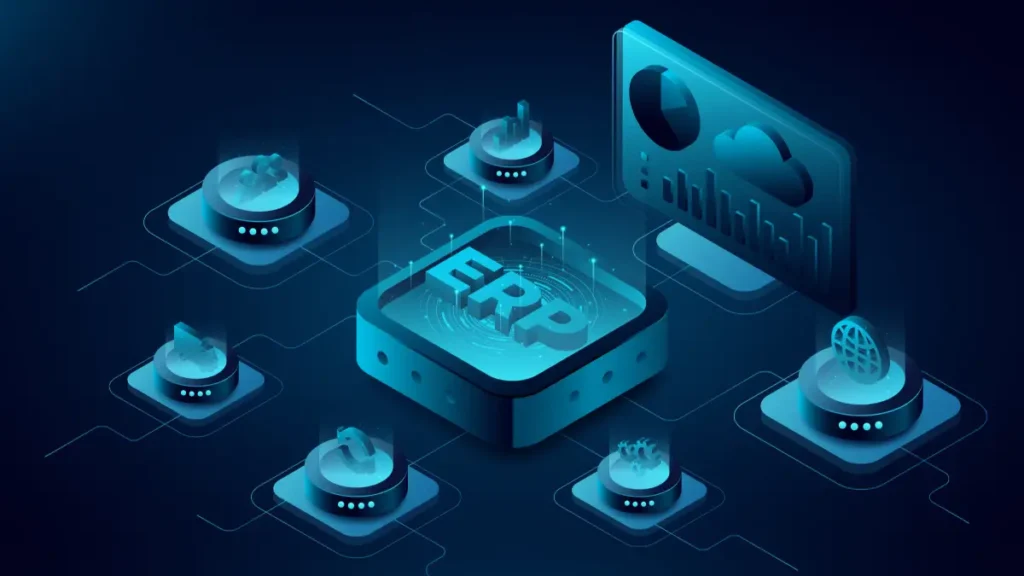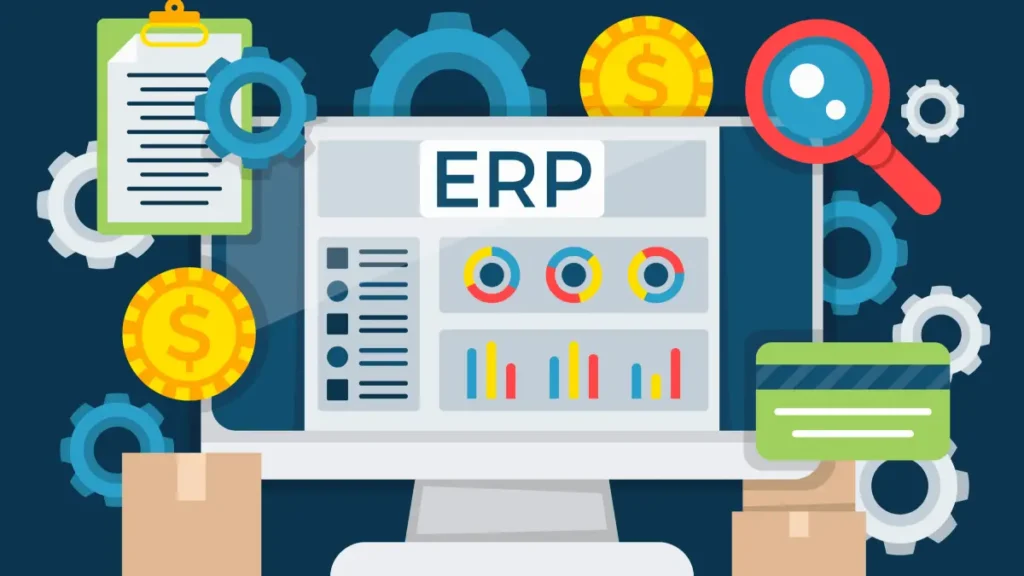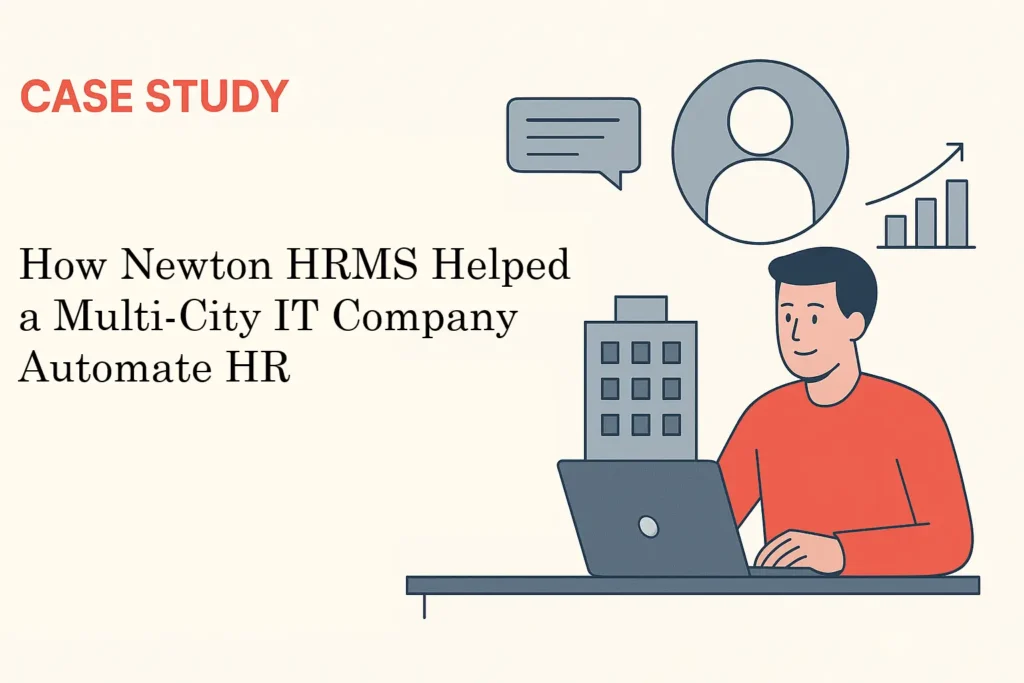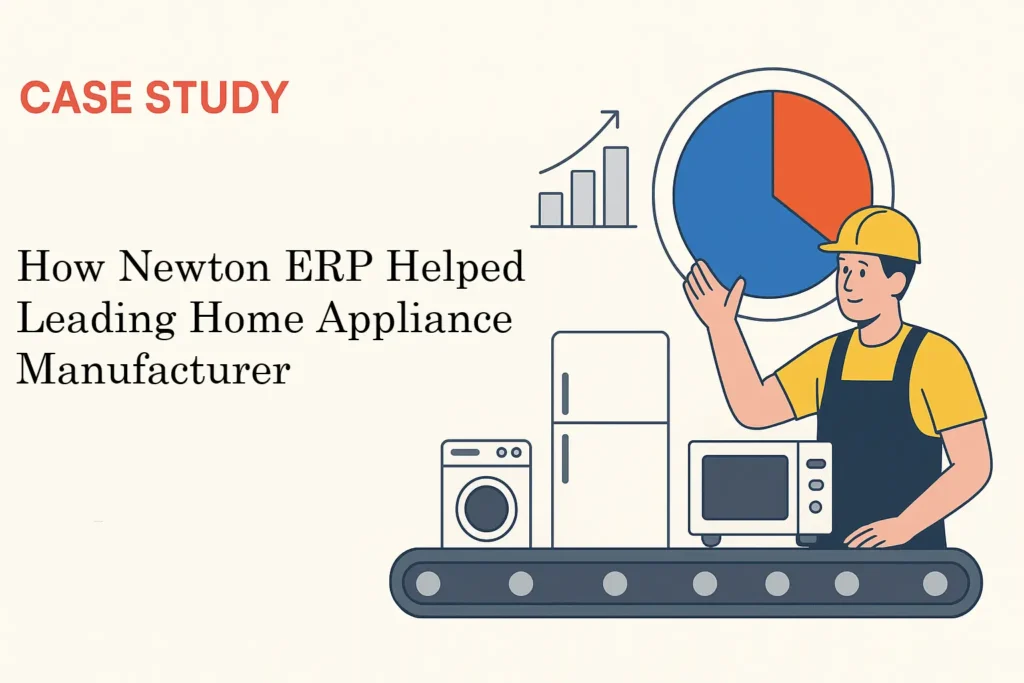Both large and small businesses must have a lot of things to control, including money, inventory, processing sales, and customer information. This is where ERP systems come in. ERP means Enterprise Resource Planning. It is a software that assists companies in planning and managing all their day-to-day operations conveniently on a single platform.
Newton ERP and Dynamics 365 Business Central are two widely used applications in the market currently. They both are powerful tools, but they fulfill different business needs.
In this blog, we will help you understand the key differences between these two ERP systems. It will help you to easily select the one that will meet the needs of your business. This ERP software comparison will assist you whether you need a basic solution or an advanced one.
What is Newton ERP?
Newton ERP is user-friendly business software that targets mostly small and medium-sized firms. It assists companies in the process of incorporating their daily activities, such as finance, inventory, sales, and procurement, without the complex procedures in a single location.
Key Modules:
- Finance: Keep track of your money, bills, and expenses.
- Inventory: Manage stock levels, product details, and orders.
- Procurement: Handle the purchasing of goods and services.
- Sales: Track invoices, sales orders, and customer information.
- Other modules include basic reporting, CRM, and production management.
Deployment Options:
You can use Newton ERP either on the cloud or install it on your own servers (on-premise). It also offers mobile access, so your team can use it from anywhere.
What is Dynamics 365 Business Central?
Dynamics 365 Business Central is an advanced ERP system created by Microsoft. It integrates financial management, supply chain, project management, and customer relationship management (CRM) under the same platform.
Key Modules:
- Financial Management: Detailed accounting, budgeting, and cash flow tracking.
- Supply Chain: Manage purchasing, inventory, and vendor relationships.
- Project Management: Plan, track, and complete projects effectively.
- CRM Integration: Connect sales and marketing data seamlessly.
- Plus, it offers powerful reporting and analytics.
Deployment Options:
It is primarily cloud-based on Microsoft Azure, but hybrid options are also available. With cloud-first design, it implies frequent updates and the possibility to access your data worldwide with the assurance of security.
Comparison of Key Features
User Interface & Ease of Use
- Newton ERP is simple. The layout is simple and user-friendly. Therefore, this contributes to new users quickly learning the system with minimal training.
- Dynamics 365 Business Central has a new interface and extensive connectivity with Microsoft technologies, including Office 365. It is comfortable for users who already use Microsoft products, but it can prove to be a bit more complicated for new ones.
Customization & Flexibility
- Newton ERP is slightly adaptable to meet industry requirements, followed by core ERP capabilities to keep things simple.
- Dynamics 365 offers the ability to customize it using Microsoft Power Platform, which enables companies to develop and design individual workflows, applications, and reports.
Integration Capabilities
- Newton ERP is integrated with commonly used business tools and apps and can be simply connected to the existing software.
- Dynamics 365 Business Central has a smooth connection to the whole Microsoft system, such as Outlook, Excel, Power BI, and Teams, and this enhances productivity.
Pricing Structure
- Newton ERP is usually cheaper and considers the needs of small businesses. It comes at very simple prices.
- Dynamics 365 comes with subscription pricing on various levels. Although a flexible and feature-rich plan can prove more expensive, particularly for large businesses that require advanced modules.
Support and Training
- Newton ERP offers customer services and training content effectively to small and medium-sized business users.
- On the other hand, Microsoft has an extensive support network across the world. Several of its partners provide consulting, implementation, and training solutions to Dynamics 365.
Which Businesses Benefit Most From Newton ERP and Dynamics 365 Business Central?
Newton ERP
- Most suitable for small and medium enterprises seeking an easy, low-cost, efficient ERP.
- This suits well when you require a fast deployment and simple adoption without being too complex.
- Excellent when your company requires well-founded core processes such as finance, sales, and inventory management without additional add-ons.
Dynamics 365 Business Central
- Ideal when you are already on Microsoft products and desire a close and fitting integration.
- Suitable for large companies that require professional features, personalization, and expandability.
- Ideal for companies seeking an intense analytics, project management, and working on many departments together.
Pros and Cons of Newton ERP vs Dynamics 365 Business Central
| Aspect | Newton ERP | Dynamics 365 Business Central |
| Pros | Simple and easy to use | Powerful, flexible, and highly customizable |
| Affordable for small businesses | Deep integration with the Microsoft ecosystem | |
| Quick implementation | Cloud-first with strong security and updates | |
| Cons | Limited advanced features | Higher cost for full feature access |
| Less customization for complex needs | Can be complex for new users | |
| Smaller support network | Requires Microsoft product familiarity |
Key Considerations Before Choosing
Before you pick an ERP, consider these important points:
- Budget: Find out what you can afford to spend, the cost of setup, license, and training, and long-term maintenance costs.
- Industry Needs: Simply select an ERP that supports your type of business, such as manufacturing, retail, services, and distribution, among others.
- IT Infrastructure: Choose whether you would like to have cloud-based access or would you like to operate the system on your servers.
- Growth Plans: Choose an ERP that grows along with your business and deals with more users and features as time goes by.
- User Skills: If your team is a non-tech user, go for a straightforward and easy-to-use ERP solution.
- Integration: Choose an ERP that integrates with your existing software products, such as Microsoft Office or email.
Conclusion
When it comes to Newton ERP vs Dynamics 365 Business Central, there is no one-size-fits-all answer. Newton ERP stands out as a non-complex, cost-effective, and dependable solution suitable for small to medium enterprises that desire simplicity.
Alternatively, Dynamics 365 Business Central is a customizable, scalable, and high-performing product that can be a good choice in case a company is already a Microsoft user or requires more advanced functionality.
Keep in mind that the best ERP software for businesses depends on your needs, budget, and plans for the future. Newton ERP is a solid option in case you need simplicity and low prices. In case you require depth, integration, and scale, the Dynamics 365 Business Central application could be the most suitable.
What is the next step? Ask the vendors to provide you with demos, discuss them with your team, and get in touch with ERP professionals. This will assist you in choosing the right ERP that will enhance your business growth. Selecting a good ERP is a major decision, and based on this information, you would be able to make the most appropriate decision of selecting the one that best suits your business.

